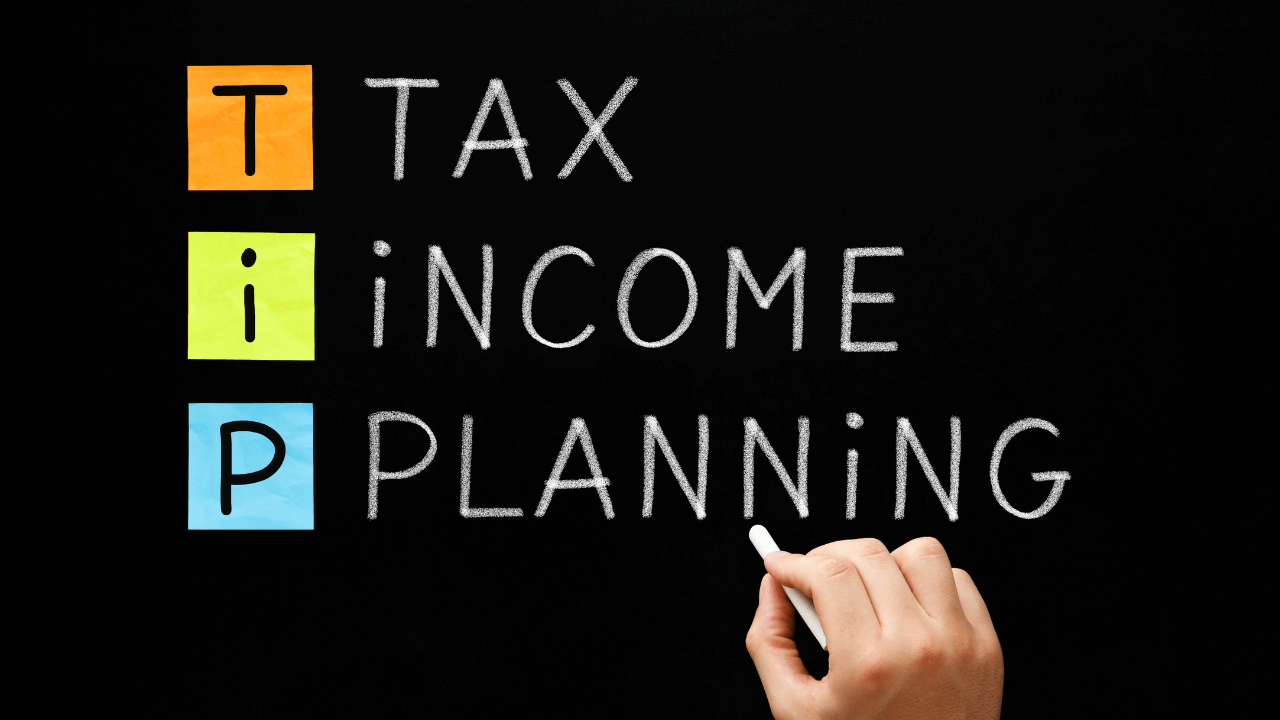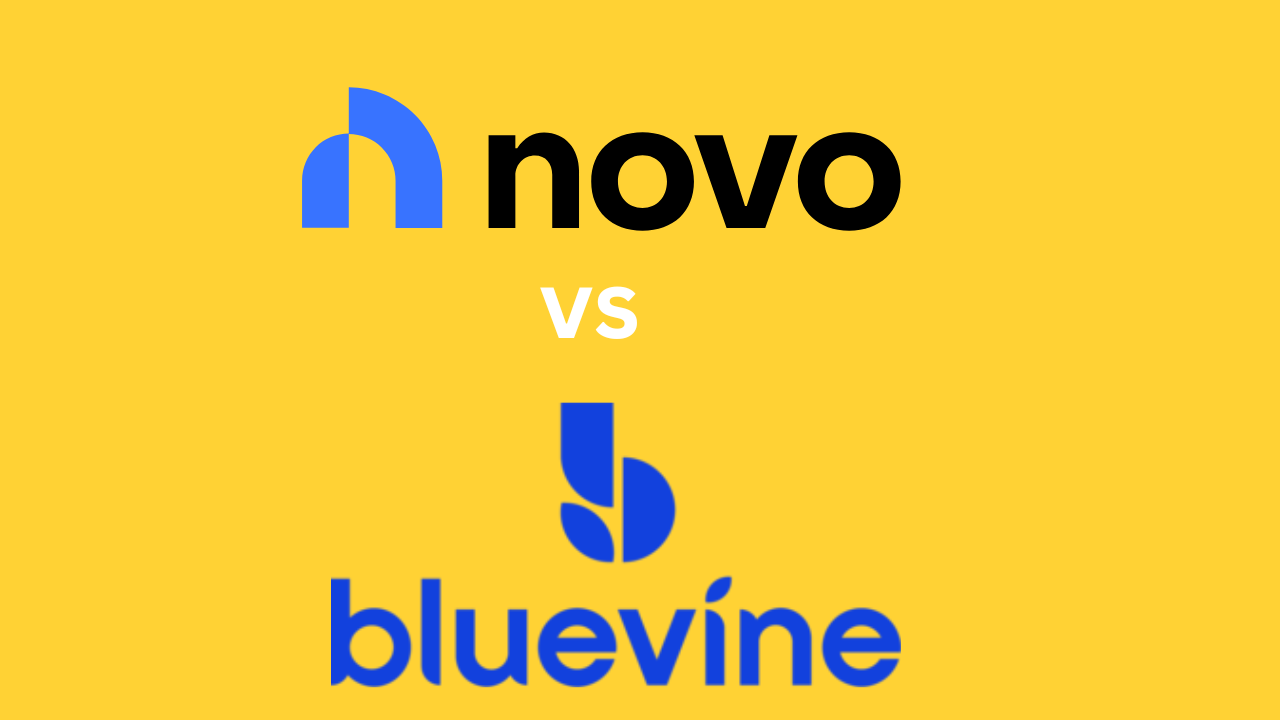Language:
Supporting Women: 15 Small Business Loans for Women in 2023

Despite the significant strides that have been made, the Federal Reserve reports that businesses owned by women still face a higher likelihood of loan rejection compared to those owned by men. Statistics reveal that nearly 99% of women-led businesses are categorized as small businesses, so securing financing is important. Although loan approval is more challenging, there are still options tailored specifically to the financing of women. Read on to learn about 15 small business loans for women in 2023.
What Is Considered a Small Business?
When people think about small businesses, they often associate them with the amount of cash they bring in and how many people they employ overall (not just at each location). Census.gov agrees. They use the same definition as the US Small Business Administration (SBA), which has a whole Table of Size Standards that varies depending on the industry, revenue, and employment. The SBA defines small businesses by looking at how much money they make (anywhere from $1 million to over $40 million) and how many people they employ (from 100 to over 1,500).
15 Types of Small Business Loans for Women
We’re sharing fifteen (15) types of small business loans for women entrepreneurs to compare and decide which loan fits better for their company goals.
SBA Loan
The US Small Business Administration offers a variety of loan programs designed to support small businesses run by women. SBA loans are available to business owners who have been turned down for traditional bank loans, and they offer favorable terms like low-interest rates and longer repayment periods. However, the application process can be time-consuming and there are strict eligibility requirements to meet. Examples of SBA loans include the 7(a) loan program and the microloan program.
Bank Business Loan
Many traditional banks offer small business loans that can be a great option for women entrepreneurs. Bank loans often have lower interest rates than alternative lending options and they may offer more flexible terms. The application process can be lengthy and the eligibility requirements are strict. Typically, the interest rate and approval are based on credit score, among other factors. Examples of bank business loans include term loans and lines of credit.
Online Loan
These loans are becoming increasingly popular as more lenders move their businesses online. Online lenders offer a quick and convenient application process, with many loans funded in just a few days. Expect to pay a higher interest rate and shorter loan terms. The approval amount will likely be much lower than a traditional bank or SBA loan as well.
Microloan
Microloans are small loans usually under $50,000. They’re designed to help small businesses get off the ground. Terms are flexible and interest rates are often lower than other types of loans, making these a great option for women entrepreneurs who may not qualify for larger loans. The downside is the application process can be more time-consuming than with other types of loans. Examples of microloan programs include the SBA microloan program and Accion.
Business Line of Credit
Next up are business lines of credit. This type of loan provides a set amount of funds that a business owner can draw from as needed. A business line of credit can be a great option for women entrepreneurs who need flexible access to funds for ongoing expenses or unexpected costs. However, interest rates can be high, and there may be fees for withdrawing funds. Examples of business lines of credit include those offered by BlueVine and Fundbox.
Working Capital Loan
Another option is a working capital loan. This loan is designed to help small businesses cover day-to-day expenses, such as rent, payroll, and inventory. Working capital loans can be a great option for women entrepreneurs who need funds quickly to keep their businesses running smoothly. Unfortunately, interest rates can be high, and there may be fees associated with the loan. Examples of working capital loans include those offered by National Funding and Fora Financial.
Merchant Cash Advance
Merchant cash advances are another option for women entrepreneurs. This type of loan provides a lump sum of cash in exchange for a portion of future sales. A merchant cash advance can be a good option for businesses that need funds quickly and have a predictable cash flow. Interest rates can be high, and the repayment structure can be complex. Examples of merchant cash advance providers include Rapid Finance and Credibly.
Term Loan
These loans provide a lump sum of cash that is repaid over a set period, with interest. Term loans are sometimes a good option for women entrepreneurs who need funds for a specific project or purchase. The disadvantages include interest rates and non-flexible repayment terms. Examples of term loan providers include Lendio and Fundera.
Inventory Loan
Just as the name implies, inventory loans are designed to help businesses purchase inventory. These loans can be a good option for women entrepreneurs who need to purchase inventory to sell their products. The drawback is the interest rates can be high, and there may be fees associated with the loan. Examples of inventory loan providers include StreetShares and SmartBiz.
Equipment Loan
Equipment loans provide funding for businesses to purchase equipment. This type of loan can be a good option for women entrepreneurs who need to purchase expensive equipment to run their businesses. However, interest rates can be high, and there may be fees associated with the loan. Examples of equipment loan providers include Balboa Capital and Currency Capital.
Invoice Factoring
This type of loan provides cash in exchange for outstanding invoices. Invoice factoring can be a good option for businesses that need to bridge the gap between when they invoice customers and when they receive payment. Fees can be high, and the terms may not be flexible. Examples of invoice factoring providers include BlueVine and Fundbox.
Community Development Financial Institutions
Community Development Financial Institutions (CDFIs) are specialized organizations that provide government-backed loans and other financial services to underserved or low-income communities, including women-owned businesses. CDFIs are a great option for women entrepreneurs who may not qualify for traditional loans. Interest rates can be high and the application process can be lengthy. There are typically requirements you’ll need to meet, such as income limits. Examples of CDFIs include Grameen America and Accion.
Small Business Loans for Minority Women
There are also small business loans available specifically for minority women. These loans can provide funding and support to women entrepreneurs from historically disadvantaged communities. Eligibility requirements may be strict and interest rates can be high. Examples of small business loans for minority women include those offered by the Minority Business Development Agency and the National African American Small Business Loan Fund.
Small Business Loans for Women With Bad Credit
If you have bad credit, all hope isn’t lost. You may still be able to qualify for a small business loan. Some lenders specialize in providing loans to women entrepreneurs with less-than-perfect credit. However, interest rates may be high, loan amounts may be low, and there may be strict eligibility requirements. Examples of small business loans for women with bad credit include those offered by OnDeck and Fundbox.
Training and Support for Women in Business
There are various training and support programs designed to help women business owners succeed. These programs provide education, guidance, and resources specifically focused on the struggles and challenges women face. They offer a range of services, like workshops, mentoring, networking opportunities, and other forms of support. Through these programs, women can meet other women entrepreneurs and gain lasting relationships within a supportive community of like-minded individuals.
The Women’s Business Centers program, backed by the US Small Business Administration, is one incredibly helpful example. Women’s Business Centers provide various services, including training workshops, one-on-one counseling, and access to funding resources.
Alternative Financing Options for Female Entrepreneurs
If you’re looking for funding options beyond traditional loans, there are plenty of alternative financing options available for female entrepreneurs.
Grants
Unlike loans, grants don’t need to be repaid, making them an attractive option for many entrepreneurs. Grants are typically awarded by government agencies, foundations, and private organizations based on specific criteria such as industry, location, or demographics. Some popular grants for women entrepreneurs include the Amber Grant and the InnovateHER Challenge. While grants are free money, they can be competitive and have strict requirements.
Federal Contracting Programs
Federal contracting programs help any small business, including those owned by women, secure contracts with the government. Depending on your industry, this could be very useful. The SBA’s Women-Owned Small Business program and the Women-Owned Small Business Federal Contracting program provide resources, education, and opportunities for women-owned small businesses to compete for government contracts. While these programs can lead to lucrative contracts, they require significant effort and time to secure, and there are no guarantees you’ll land the contract after completing the program.
Crowdfunding
Crowdfunding is an alternative financing option growing in popularity. It allows you to gather support and funding from a large group of individuals through online platforms like Kickstarter or Indiegogo. You can create a campaign and offer rewards or equity to contributors, making it an exciting way to build a community around your brand. You’ll need to promote your business and gain exposure to really boost the campaign. A strong marketing strategy is essential and it can be a bit of a time investment to run a successful crowdfunding campaign.
Peer-to-Peer Loan
Peer-to-peer loans connect women borrowers directly with investors. Platforms such as LendingClub and Prosper allow entrepreneurs to apply for loans and receive funding from individual private investors. Peer-to-peer loans can have more flexible terms and lower interest rates than traditional loans, but they also require a good credit score and a strong business plan to be approved. If you have a great business idea, you may have luck finding an investor willing to take a chance on you.
Supporting Women-Owned Businesses
Although the process of getting approved for a loan as a woman small business owner may be more of a struggle statistically, there are many financing opportunities available to women. With a solid business plan and high credit score, you can further increase the odds of business loan approval.
doola is here to support women entrepreneurs in managing their finances and achieving their goals. Whether it’s bookkeeping or financial planning, doola can help take the stress out of managing your business finances.
FAQ
How much business loan can I get?
The amount of business loan you can get depends on many factors, including your credit score, business plan, collateral, and cash flow. Generally, lenders offer loans ranging from a few thousand to several million dollars.
Is a women’s small business loan or a veterans loan better?
Both women’s small business loans and veterans loans are designed to help underrepresented groups access capital for their businesses. The better option just depends on your circumstances and eligibility. Women’s small business loans may offer specific benefits for women entrepreneurs, such as training and networking opportunities, while veteran loans may have lower interest rates and fewer eligibility requirements for veterans.
What is the requirement for an SBA loan?
The requirements for an SBA loan vary depending on the specific loan program. The SBA typically requires borrowers to have a good credit score, a solid business plan, and collateral. The SBA also looks for evidence of the borrower’s ability to repay the loan.
What is the smallest SBA loan amount?
The smallest loans the SBA offers are called microloans, which are small loans of up to $50,000 for new and growing businesses.
How long are SBA loans?
The length of SBA loans depends on the specific loan program and the purpose of the loan. Working capital loans and equipment loans may have repayment terms of up to 10 years, but real estate loans can have terms of up to 25 years.
Keep reading
Start your dream business and keep it 100% compliant
Turn your dream idea into your dream business.















